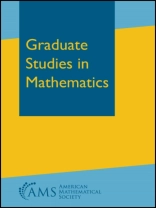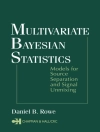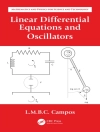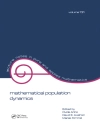In differential geometry and topology one often deals with systems of partial differential equations, as well as partial differential inequalities, that have infinitely many solutions whatever boundary conditions are imposed. It was discovered in the fifties that the solvability of differential relations (i.e. equations and inequalities) of this kind can often be reduced to a problem of a purely homotopy-theoretic nature. One says in this case that the corresponding differential relation satisfies the $h$-principle. Two famous examples of the $h$-principle, the Nash-Kuiper $C^1$-isometric embedding theory in Riemannian geometry and the Smale-Hirsch immersion theory in differential topology, were later transformed by Gromov into powerful general methods for establishing the $h$-principle. The authors cover two main methods for proving the $h$-principle: holonomic approximation and convex integration. The reader will find that, with a few notable exceptions, most instances of the $h$-principle can be treated by the methods considered here. A special emphasis in the book is made on applications to symplectic and contact geometry. Gromov’s famous book "Partial Differential Relations", which is devoted to the same subject, is an encyclopedia of the $h$-principle, written for experts, while the present book is the first broadly accessible exposition of the theory and its applications. The book would be an excellent text for a graduate course on geometric methods for solving partial differential equations and inequalities. Geometers, topologists and analysts will also find much value in this very readable exposition of an important and remarkable topic.
Y Eliashberg
Introduction to the $h$-Principle [PDF ebook]
Introduction to the $h$-Principle [PDF ebook]
Koop dit e-boek en ontvang er nog 1 GRATIS!
Formaat PDF ● Pagina’s 206 ● ISBN 9781470417963 ● Uitgeverij American Mathematical Society ● Gepubliceerd 2015 ● Downloadbare 3 keer ● Valuta EUR ● ID 6613730 ● Kopieerbeveiliging Adobe DRM
Vereist een DRM-compatibele e-boeklezer












